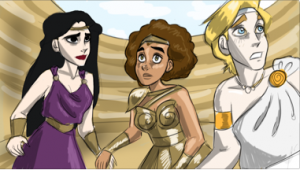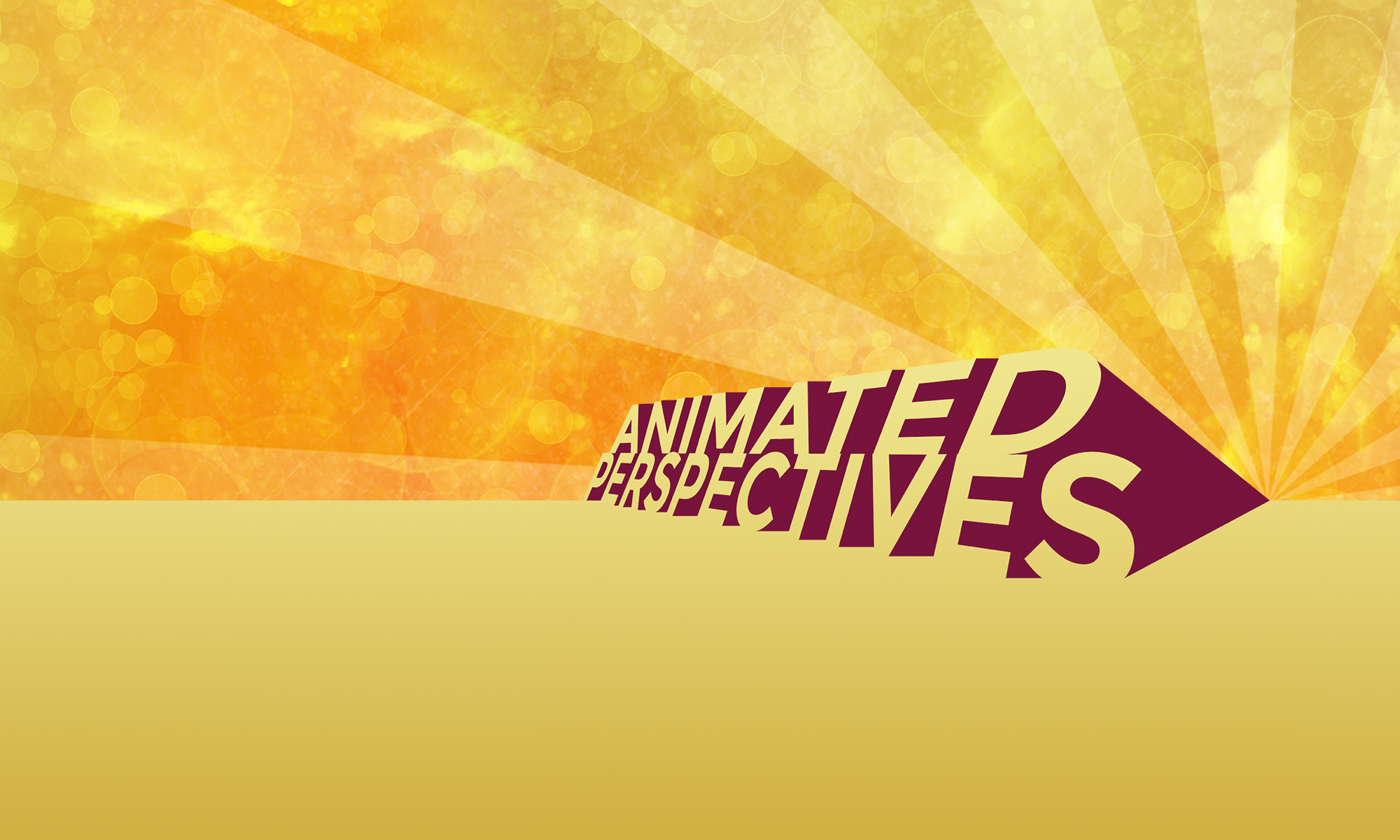
Sitting at my desk, having recently deleted the “News” app on my Iphone to protect myself from the chaos of Trumpism, I have learned about the importance of weakness. Ten days ago, when President Obama bestowed the honor of being the “Leader of the Free World” to Hades, I was glued to my laptop, not only aware that my time as an American was about to become a chapter in a series of history books, but I also began contemplating my role in this shift. Being born as a biracial, binational, bisexual, bilingual individual from two world powers, my identity forced me to rethink what my responsibilities were as someone who might very well be impacted socially, economically and politically by this new era. However, this impact that others have felt is something I still have trouble relating to.
Thus, in response to this future oppression, I asked myself a series of questions naturally born from this contemplation: should I now become an activist? Do I give up my pursuit of making it as a screenwriter in favor of a career that’s more “meaningful”? Or has living in Lalaland really given me a privilege to stay out of this global mess we’re in? Is it then worth it? Because honestly, other than the discourse in our day to day lives, my beautiful, creative and intellectual bubble is still standing strong. I can write whatever I want, say whatever pops out of my millennial head, and not fear condemnation. Of course, upon my own reflection and the input of my oppressed ancestors who didn’t have the privilege of having a voice, I reached the conclusion that my calling as an artist isn’t any less meaningful than other diverse careers that make America great, and if I was to continue protecting my delicious bubble from Lucifer and his minions, I better do my best to make sure those cockroaches get squished real quick.
How was I going to do that? By continuing my work and recognizing its truth.
So there I was, thinking about how my portfolio might reflect my understanding of the world and my place in it, and ultimately help in this pursuit of squishing the bug. I had been working on a number of projects, as diverse and different as the people who make this country shine. However, the one I have been most drawn to discuss is my recent work on an animated show I named “The Time Keepers”. The story about a group of teenagers who must stop evil forces from destroying time as we know it, I thought: “wow, what a great way to think about the real world.” Of course, this is an animated show that is completely based on fictional characters in a fictional world. But so often, I’ve found my work to be a source of enlightenment, inspiration and encouragement for how to tackle real life. To quote Neil Gaiman from Coraline, “fairy tales are more than true: not because they tell us that dragons exist, but because they tell us that dragons can be beaten.” In this case, we can all assume to know who my dragon is. However, the truth of the matter is that we all know how dragons appear in every facet of our lives, constantly forcing us to understand the darkness we all face everyday, and the resilience we need in order to get to the point of fulfillment and achieving a sense of accomplishment, purpose, and inclusivity.
So then, how might our stories that inspire us to believe that we can fight back against something bad also teach us about the importance of weakness, and reveal just how much power there really is in it? Well, from personal experience, as a 20-something year-old college student who has spent what feels like a lifetime being laughed at and bullied for what seems like every reason in the book (except for being a woman) and is still able to use those experiences to illustrate a truth seen through his work, weakness is in fact my middle name. Even though we have all felt humiliated either because of our marginalized or even privileged positions in this culture, our experiences are so vast and so unique that they transcend every social barrier we as a group often set in stone for ourselves. And as we take part in this great (but admittedly pricey) institution that will hopefully strengthen our potential for being leaders in entertainment and the world eventually, remember that weakness gives us the power of empathy to speak on behalf of those whose bubbles are threatened and whose own weakness is so severe that we must send our own dragons to lift them up.

This article gives an interesting point of view, I love how you bring in our importance to the community as storytellers. We as storytellers have the power to portray ideas and themes to countless of people for many generations to come.
You make a good point about having unique experiences as marginalized people and I think with that and how we live our lives, we are able to become ‘passive’ activists so to speak. You don’t have to actively go to protests or speak out to make a difference, you can do that among your friends and how you live your life and with your work. Actions speak louder than words and I think having the courage to speak your mind among peers and in your word is just as important and valid.
I love how you talk about Trump LOL. I think you chose a great topic, keep doing you! 🙂
Really great article. I think that in the world where we live in today entertainment, stories and the whole media in general, have become branches of activism. Maybe not in the sense of actually campaigning for something, but in the sense that they can actually create political or social change. I don’t think you should abandon your screenwriting aspirations for something more meaningful because screenwriting is meaningful already. The stories that we tell are what will ultimately change people. Even if it’s comedy instead of drama or animation instead of live action. Everything can make a comment on the world and initiate change. Just look at SNL recently and the big impact it is creating in the political world.
I really enjoyed reading this. I like the way you spoke, asked questions, and then answered them. I was able to connect with that train of thought, and even apply some of my own contemplations and conflicts with yours. I too want my art to be something bigger than just fictional (or nonfictional) entertainment. I appreciate what you wrote about yourself, and I hope that someday you will be able to find out exactly what your role is in this world.
Love the last line about weakness. I have nothing respect for your attitude and I hope you do live by your words once you’re out there in the entertainment world making waves. Good luck man.
Love the last line about weakness. I have nothing but respect for your attitude and I hope you do live by your words once you’re out there in the entertainment world making waves. Good luck man.
This is a very well written piece and I enjoyed it greatly. I love how you were transparent and honest about yourself. I agree that people who want to work in the entertainment industry are not less valid or necessary to create social and political change. I agree that although heavily based in fantasy, animation can provide a great source of hope. I’m excited to see what other work you create in the future.
All of your observations were on point and I can sympathize with the way you feel about the country’s political state. I remember going to class the day after Trump was elected, and the mood everywhere throughout campus was so depressing, almost as if the collective life of both faculty and students had been sucked out. The sense of apathy and hopelessness pervaded each class to such an extent that every professor felt the need to address the issue. In the end, they shared the same message: the only way we get through such a challenge is together. Thank you for being so open about yourself and your struggles. And as the Coraline quote so eloquently suggests, your dragon can be beaten.
As a fellow screenwriter this really spoke to me. I know I have felt pressure from people in my life to chose a more practical career, but I think you really nailed why our choice to write stories is valid. Great job!
Great job, I can really relate to what you’re saying. It is our responsibility as storytellers to empathize with those who don’t have a voice. Also, it’s important to be the voice for them. Only together will we be able to survive and defeat are dragons!